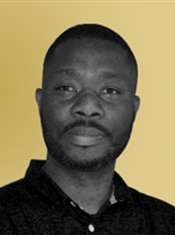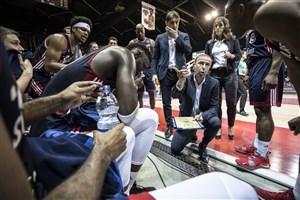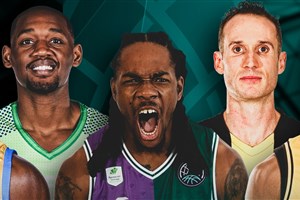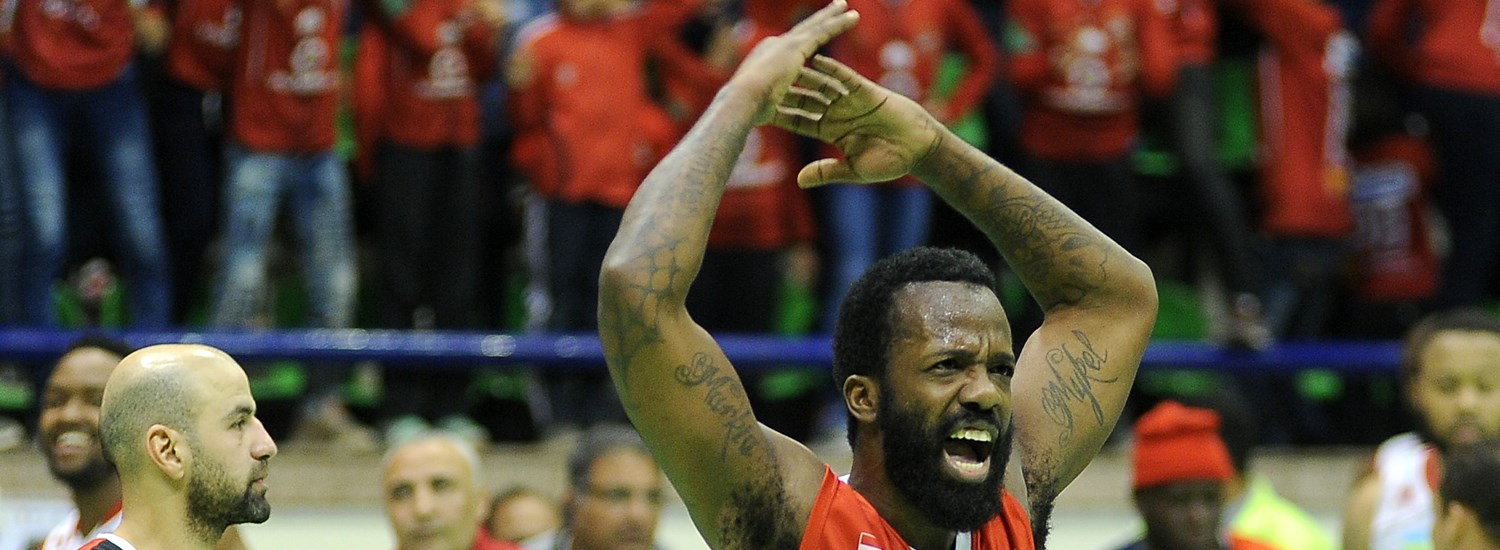
Highs and Lows of Groups C and D of FIBA Africa Basketball League 2019
LEEDS (Julio Chitunda's African Message) - Thrilling games, some high-quality performers and four qualified teams for the ELITE 8 highlighted the inaugural FIBA Africa Basketball League (ABL) 2019 over the past two weeks.
So far, eight ABL teams from all corners of Africa have taken to the court playing a total of 12 games, which allowed us to get a glimpse of the highs and lows of Groups C and D.
HIGHS
Fans, especially, in Antananarivo, showed up in huge numbers hoping to watch some of Africa-based best talents, and they didn't leave disappointed.

It's fair to say that Group C winners Primeiro D'Agosto, runners-up Al Ahly - who played as hosts in Cairo - and Group D's Smouha Sporting Club of Egypt and Angola's Petro Atletico de Luanda duly advanced to the last eight of the competition.
These four teams and some of their performers offered viewers and fans attending games in Cairo and Antananarivo some quality basketball.
This is how you seal the victory: 3 three-pointers in 2min 😱
— Africa Basketball League (@AfricaLeague) February 10, 2019
🔥🔥 Islando Manuel, 26pts, 8reb vs @regbbcofficial#AfricaLeague @clube1deagosto @AngolanBasket pic.twitter.com/LpEotaHQfG
With three wins in as many games, eight-time African champions D'Agosto set themselves apart from their opponents, making a statement of their ABL aspirations.
Beating hosts Al Ahly in front of their home crowd seemed mission impossible for D'Agosto before the start of the competition, especially as the Egyptians had defeated the Angolans in the African Champions Cup Group Phase to win their first continental title in 2016.
However, the Angolans' experience and desire to rise to the occasion proved hard to cope with.
At individual level, Reggie Holmes, Ramy Gunady and Todd O'Brien proved crucial for Al Ahly. Islando Manuel inspired D'Agosto's team effort and Rwanda Energy Group's trio of Kenneth Gasana, Engelbert Beleck and Olivier Shyaka offered a breath of fresh air to a team that made their continental debut in style.
In addition to the aforementioned players, other top performers included Smouha's James Justice, Augustine Okosun and Mohamed Elkoussi, Petro Atletico's Leonel Paulo, Childe Dundao and Aldemiro Joao, and COSPN's Allen Fall, Guillaume Milisen and Livio Ratianarivo.
James Justice Jr was on 🔥🔥🔥 today!! 25 PTS, 6 REB, 7 AST, 36 EFF... to lead Smouha to a 79-62 win over Petro!#AfricaLeague @SmouhaOfficial pic.twitter.com/8IWcf9dg72
— Africa Basketball League (@AfricaLeague) February 17, 2019
LOWS
Singing import players is usually aimed to bring added value and something special to the team. In the case of Al Ahly's Reggie Holmes and Ted O'Brien it worked perfectly, but this wasn't the case with Ferroviario da Beira and Club Omnisport Police Nationale (COSPN).
While Ferroviario's Robinson Opong proved vital averaging team-highs 13 points and nine rebounds per game, his teammate Bozo Dumic averaged 1.3 points and three rebounds per game.
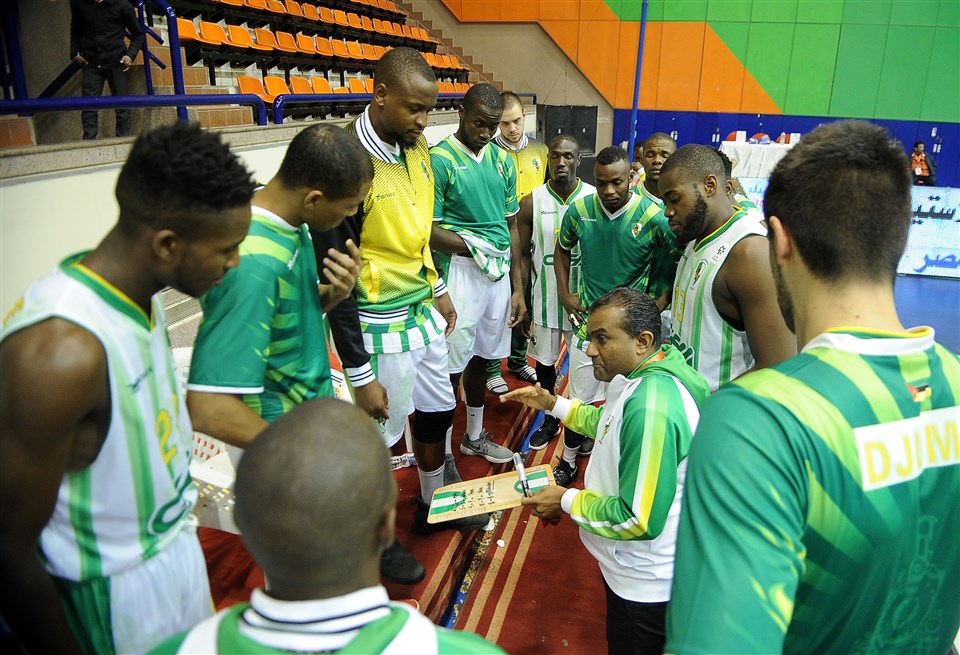 Ferroviario da Beira finished bottom of Group C after losing all three games in Cairo
Ferroviario da Beira finished bottom of Group C after losing all three games in Cairo
Frenchman Alpha Toure added no more than 1.3 points and 2.3 rebounds per game as COSPN closed their Group D's campaign with a disappointing 0-3.
Andriamampianina feeds Rakoto for a nice reverse layup 🇲🇬🙌
— Africa Basketball League (@AfricaLeague) February 15, 2019
✍ Live Blog: https://t.co/7QMnPRLppV pic.twitter.com/a2XU0MzhWg
Al Ahly moved on with a 2-1, but their performances left a lot to be desired.
Had Ferroviario da Beira been consistent and played smart enough, the Egyptians would have been out of the competition.
The Mozambicans led by 48-37 at halftime, trailed by just one early in the fourth and were in the game for much of the last ten minutes, but a poor bench rotation, exhaustion and maybe Vuk Jovanovic's injury proved costly to them. And, using both Robinson Opong and Helton Ubisse for the entire 40 minutes of the games didn't help either.
These Groups C and D games should serve as a wake-up call for the future of clubs competition in Africa.
Julio Chitunda
FIBA
FIBA's columnists write on a wide range of topics relating to basketball that are of interest to them. The opinions they express are their own and in no way reflect those of FIBA.
FIBA takes no responsibility and gives no guarantees, warranties or representations, implied or otherwise, for the content or accuracy of the content and opinion expressed in the above article.
